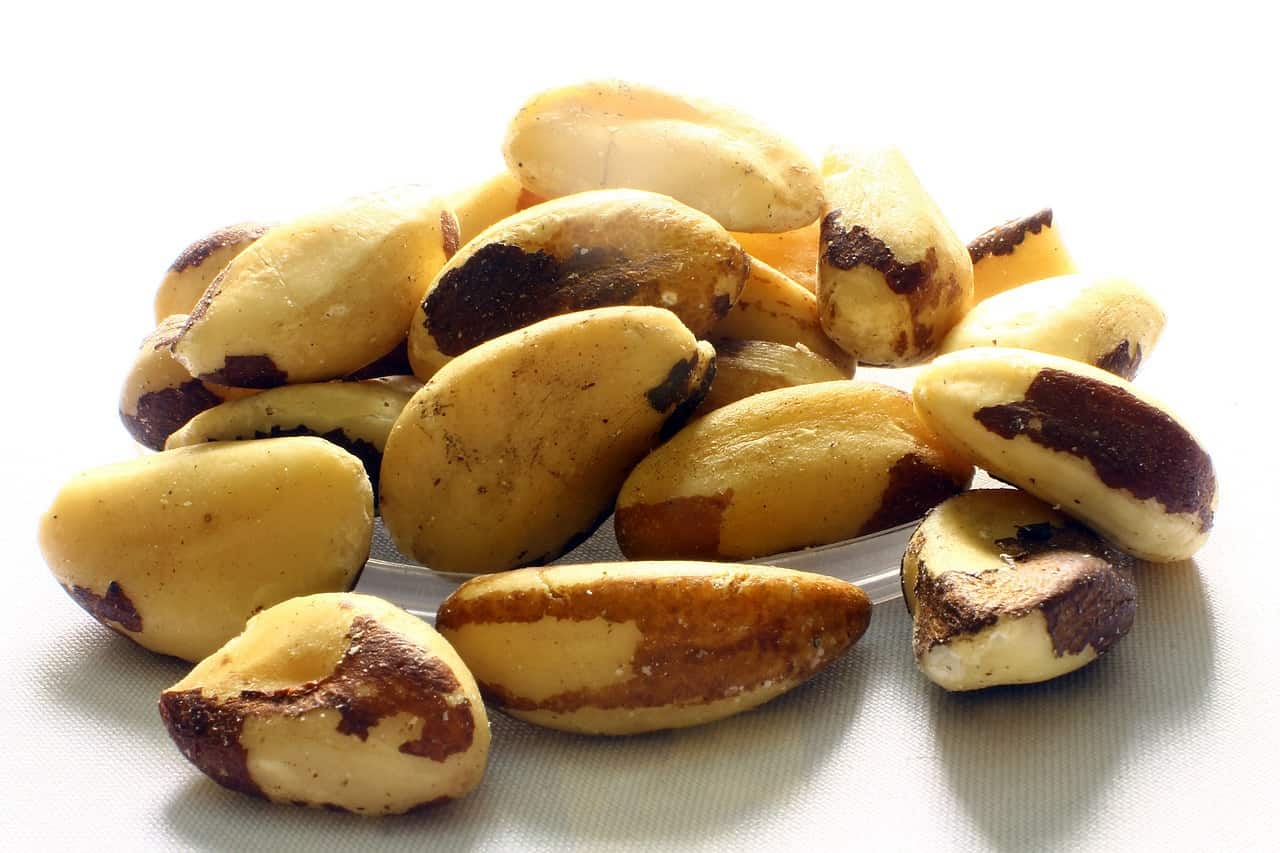While previous studies of a protective effect of selenium against the risk of prostate cancer have been disappointing, results of a new review suggest a new warning: selenium supplements may increase the risk of diabetes.
In the review, which appears in The Lancet, author Margaret P. Rayman, DPhil, of the University of Surrey noted that taking selenium supplements may predispose some individuals to diabetes if they already have enough selenium in their system, and that “Whereas additional selenium intake may benefit people with low status, those with adequate-to-high status might be affected adversely and should not take selenium supplements. “
This was not the first study to expose an association between high levels of selenium and a risk of type 2 diabetes. Reports published in 2007 and 2009 based on data from the National Health and Nutrition Examination Surveys revealed this relationship.
An earlier French study also showed a positive association between baseline and follow-up levels of selenium and fasting plasma sugar levels.
Rayman emphasized that selenium should be recognized for what it is, a toxic element, and that individuals should not take more than the body requires, which is 55 micrograms daily for adults. Her review points out the potential benefits of adequate intake of selenium, including a reduced risk of death and a favorable impact on the immune system. A few studies have suggested selenium plays a part in sperm quality, Parkinson’s disease, coordination, and epileptic seizures.
References
Bleys J et al. Serum selenium and diabetes in U.S. adults. Diabetes Care 2007 Apr; 30(4): 829-34
Czernichow S et al. Antioxidant supplementation does not affect fasting plasma glucose in the Supplementation with Antioxidant Vitamins and Minerals (SU.VI.MAX) study in France: association with dietary intake and plasma concentrations. American Journal of Clinical Nutrition 2006 Aug; 84(2): 395-99
Laclaustra M et al. Serum selenium concentrations and diabetes in the US adults: National Health and Nutrition Examination Survey (NHANES) 2003-2004, Environmental Health Perspective 2009 Sep; 117(9): 1409-13
Rayman MPR. Selenium and human health. The Lancet 2012 Mar 31; 379(9822): 1256-68







